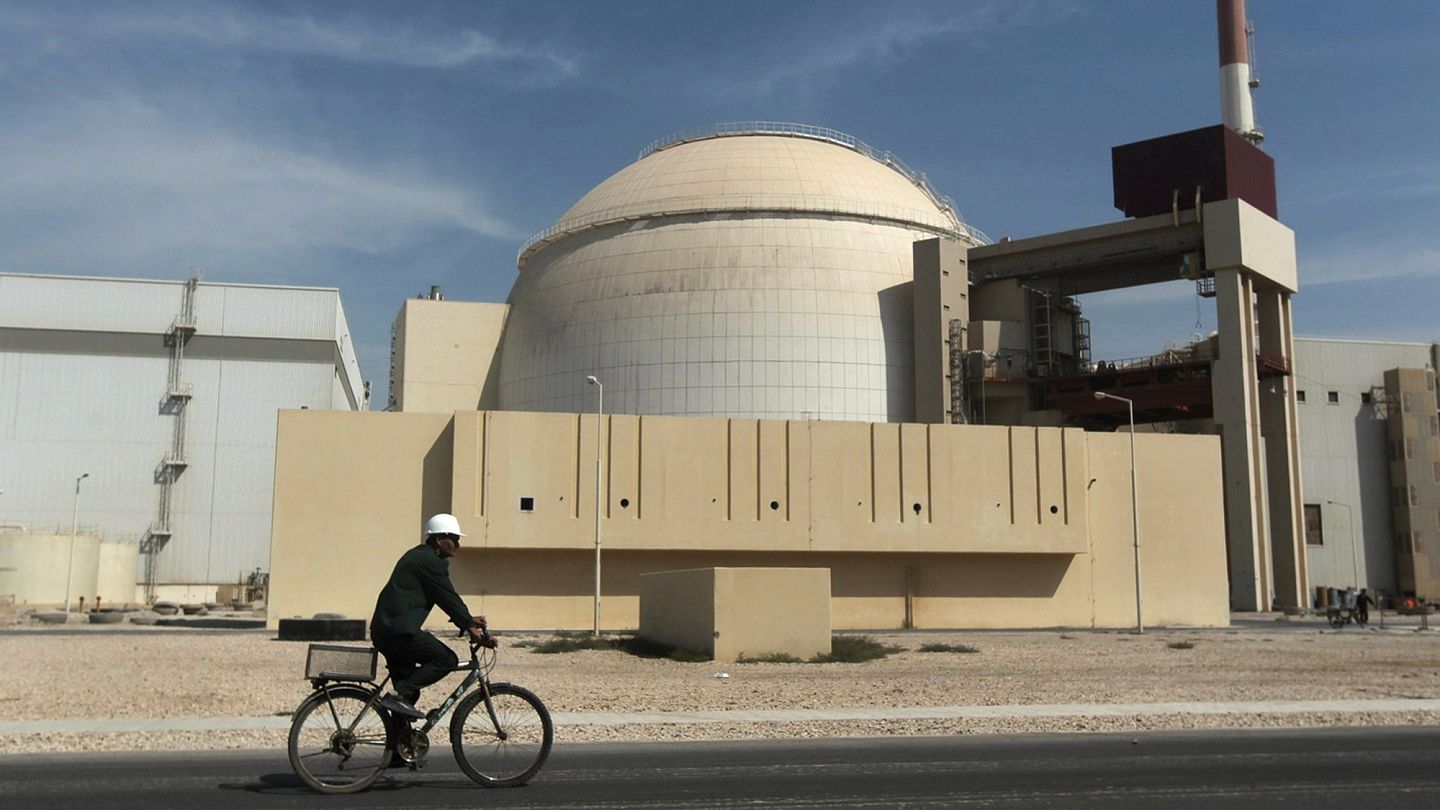'Jury is still out' on US-Iran nuclear talks outcome, says IAEA chief Rafael Grossi
Although it remains to be seen whether a deal will be reached, the ongoing discussions between Washington and Tehran are a positive sign, according to Rafael Grossi.
The "jury is still out" on whether the US and Iran will reach a deal over Tehran's advancing nuclear programme, but the continued negotiations are a good sign, the head of the UN's atomic agency has said. Rafael Mariano Grossi, the director-general of the International Atomic Energy Agency, made the comments at his organisation's headquarters in Vienna on Wednesday, days after the latest round of talks between the two countries came to a close. "For the moment, the jury is still out. We don't know whether there's going to be an agreement or not," Grossi said. He stressed, however, that the ongoing dialogue is positive. "I think that is an indication of a willingness to come to an agreement. And I think that, in and by itself, is something possible." Grossi said he talks regularly with the US Middle East Envoy Steve Witkoff and is in almost daily communication with Iran's Foreign Minister, Abbas Araghchi. Tehran and Washington have so far held five rounds of talks in Italy and Oman, with the negotiations mediated by the Omani Foreign Minister Badr al-Busaidi. A sixth round has yet to be set."The fifth round of Iran US talks have concluded today in Rome with some but not conclusive progress," al-Busaidi wrote on X on Friday."We hope to clarify the remaining issues in the coming days, to allow us to proceed towards the common goal of reaching a sustainable and honourable agreement," he added. The talks seek to limit Iran's nuclear programme in exchange for the lifting of some of the crushing economic sanctions the US has imposed.President Donald Trump has repeatedly threatened to launch air strikes targeting Iran's nuclear facilities if a deal isn't reached.Iranian officials meanwhile increasingly warn they could pursue a nuclear weapon with their stockpile of uranium enriched to near weapons-grade levels.Meanwhile, Israel has threatened to strike Iran’s nuclear facilities on their own if it feels threatened, further complicating regional tensions already spiked by the war in Gaza.The landmark 2015 nuclear deal with world powers, known as the Joint Comprehensive Plan of Action (JCPOA), capped Tehran’s enrichment level at 3.67% and reduced its uranium stockpile to 300 kilograms.That level is enough for nuclear power plants, but far below weapons-grade levels of 90%.Since the deal collapsed in 2018 with Trump's unilateral withdrawal of the US from the accord, Iran has abandoned all limits on its programme and enriched uranium to up to 60% purity, a short, technical step from weapons-grade levels.


